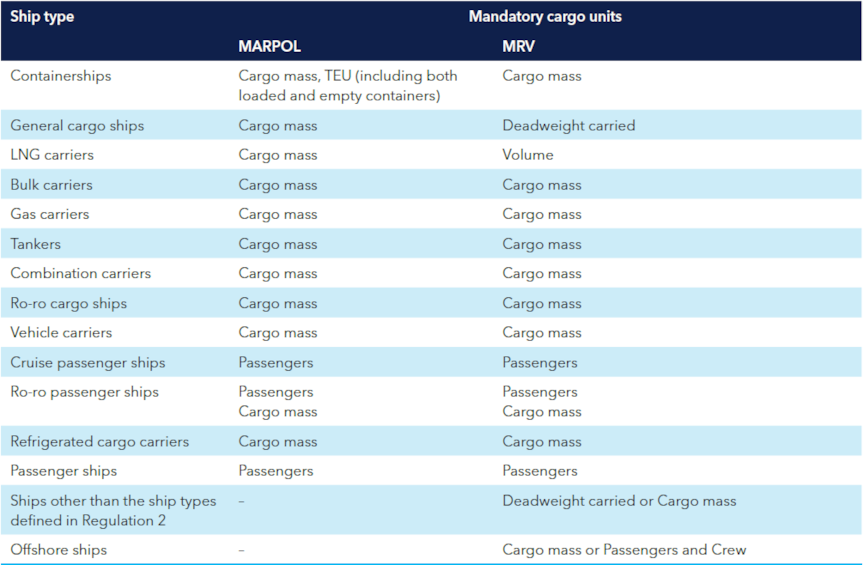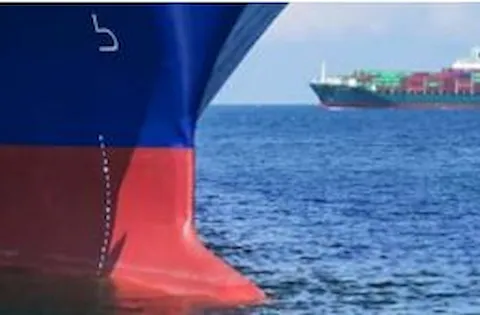New reporting requirements for GHG compliance services
The recent sessions of the IMO’s Marine Environment Protection Committee (MEPC) introduced new statutory requirements for the IMO DCS. These changes will impact the Operational Vessel Data (OVD) standard and the reporting obligations for DNV’s GHG verification and compliance services – IMO DCS, EU MRV, UK MRV, FuelEU. This statutory news outlines the key regulatory updates and their implications for ship owners and operators.
Relevant for owners/managers and flag states.
Below is a summary of the key requirements decided by recent MEPC sessions:
Applicability
Amendments to Appendix IX of MARPOL Annex VI, mandating increased granularity in DCS fuel oil reporting, were adopted at MEPC 81. Additionally, the SEEMP Guidelines were revised, supporting the MARPOL amendments. The new requirements will take effect from 1 January 2026 for most ships1. However, for newbuilds delivered on or after 1 August 2025, the requirements will apply immediately from delivery date.
A revised and approved SEEMP Part II, along with a new Confirmation of Compliance (CoC) confirming compliance with the 2024 SEEMP Guidelines, must be on board by 1 January 2026.
Enhanced granularity in fuel consumption reporting
Vessels must now report fuel consumption split by consumer groups as defined in the SEEMP Part II2. While this practice has been part of the OVD standard and already implemented by many operators, it will now become mandatory for all vessels. In addition, fuel consumption must be divided into “Under way” and “Not under way” legs of the route.
Defined consumer groups are:
- Main engine (ME)
- Auxiliary engine (AE)
- Boiler
- Others
See OVD interface description (and the link under “References”) for details on available consumers. Note: Insignificant consumption (e.g. from incinerators) may be merged with another consumer group where appropriate.
Revised definition of “under way” and reporting implications
At MEPC 83, amendments to the definition of “under way” were adopted, requiring the reporting of BOSP (Begin of Sea Passage) and EOSP (End of Sea Passage) events. DNV interprets BOSP as the point at which transit speed is reached, and EOSP as the start of deceleration from transit speed.
Key implications:
- Start of operation such as anchoring, ship-to-ship (STS) transfers, and canal passages which require deviation from transit speed must be indicated with an EOSP event. Resuming the voyage after such an operation must be indicated with a BOSP event.
- For short voyages without a sea passage distinction in the reporting, the berth-to-berth methodology will apply.
- Noon-events-only reporting will be deprecated; berth-to-berth reporting will be required for all vessels.
To indicate the start or end of the underway period, use event names (in their exact spelling):
- BOSP / BeginOfSeaPassage,
- FAOP / FullAheadOnPassage,
- EOSP / EndOfSeaPassage.
1) The entry-into-force date of the revised Appendix IX of MARPOL Annex VI is 1 August 2025. MEPC.1/Circ.913 clarified that for ships flying the flag of an administration implementing the amendments on the entry-into-force date, data will be collected with the existing level of granularity throughout the entire year of 2025.
2) Prior to collecting data following the enhanced granularity level, each ship should revise their SEEMP II, considering the 2024 Guidelines for the development of a Ship Energy Efficiency Management Plan (SEEMP) (Resolution MEPC.395(82)). DNV offers the revised SEEMP II online form now in line with the new guidelines
(see here).
The following figure illustrates the new reporting requirements for two typical trading scenarios, port–anchorage–port and port–canal–port:

In case nitrogen (N2) deduction is applied, it must be accurately allocated across the voyage. This can be done per event or aggregated and reported at EOSP and arrival events.
Cargo reporting enhancements
The revised Appendix IX also introduced a requirement for explicit cargo reporting to support the calculation of transport work. The cargo unit definitions have been aligned with both the IMO and the EU regulatory frameworks. Applicable cargo units are as following:

Reporting of received shore power
The revised Appendix IX to MARPOL Annex VI also requires reporting the total amount of onshore power supplied within the reporting period (in kWh). Similar reporting requirements apply from 1 January 2025 to voyages within the scope of the FuelEU Regulation (Regulation (EU) 2023/1805) and are covered in a dedicated reporting guidance.
Introduction of port-call purpose reporting
To enhance EU port-of-call reporting, a new reporting element, “Purposes_Of_Call”, will be introduced. This will replace the current method of inferring the port-call purpose from cargo changes.
Effective from 2026, operators must explicitly report the purpose of each port call using the IMO Compendium’s “Primary purposes of call” (IMO0172). Multiple purposes may be reported (e.g. “CargoOperations”, “TakingBunkers”).
The full list of port-call purposes is available in the Veracity OVD interface description.
GHG Fuel Intensity (GFI) standard – reporting requirements
At MEPC 83, the IMO agreed on the Net Zero Framework technical element (see separate communication from DNV here), which will introduce several new reporting requirements from 1 January 2028. The OVD standard was extended in 2023 as a future-proof concept covering all reporting schemes, including the GHG Fuel Standard. For a gradual introduction to this scheme, we encourage ship owners or managers to start reporting the fuel pathway code in the OVD bunker report column “IMO_Fuel_Pathway_Code”, following the defined codes in the LCA Guidelines.
It is to be noted that at this point, it is uncertain how the use of some technologies, such as wind-assisted ship propulsion, will be reflected in the GHG Fuel Intensity (GFI) standard. The OVD standard will be extended once the relevant details are known.
Recommendations
Please observe the recommendations in this news to stay compliant with the newest GHG requirements. Ensure important deadlines are considered. This document is applicable for newbuilds delivered on or after 1 August 2025 and for all other vessels starting 1 January 2026.
Recommended key actions for ship owners and operators:
- Update SEEMP II – Align with new fuel reporting rules.
- Report fuel by consumer – Split fuel consumption by engine type.
- Log BOSP/EOSP events – Mark start/end of sea passages.
- Report cargo – Use IMO and EU-relevant units to report cargo.
- Log shore power data – Report kWh received.
- Declare port-call purpose – Document each port stay with its applicable purpose.
References
- Technical and Regulatory News – IMO MEPC 83: GHG
requirements approved, taking effect from 2028 - DNV topic pages: IMO DCS, EU/UK MRV, FuelEU Maritime
- OVD interface description on Veracity
- IMO Compendium
Contact
- For customers:
DATE - Direct Access to Technical Experts via My Services on Veracity. - Otherwise:
Use our office locator to find the nearest DNV office.
